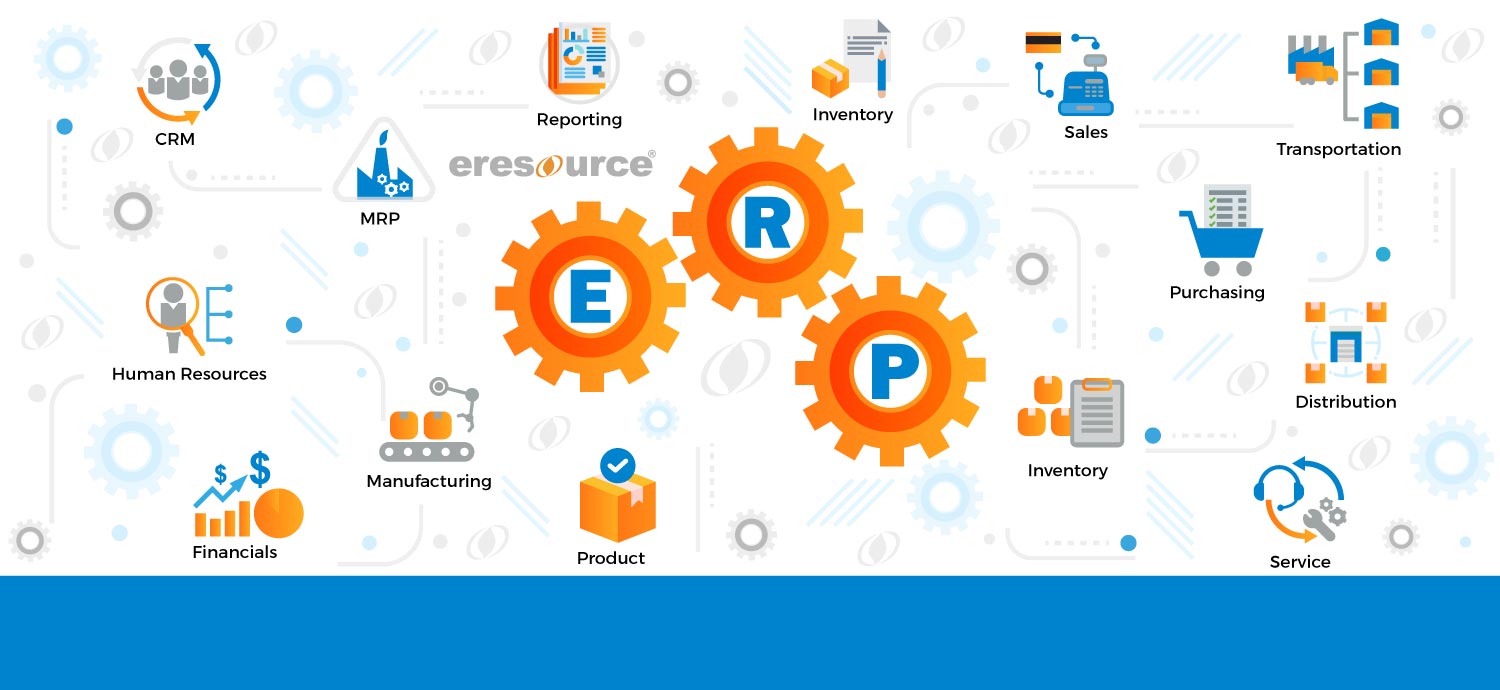The food manufacturing industry has evolved at a faster pace and has become one of the largest industries in the world. However, with increased market size, the industry faces multiple challenges, like globalization, shifting consumer demands, seasonal demands, fierce competition, and more.
From bulk manufacturers to short-cycle produce, the significance of developing new food products of superior quality is increasing today. Companies need to cater to today’s market demand while adhering to stringent food safety regulations.
All of this is virtually impossible to achieve for companies without an innovative erp for food processing industry. Over time, more and more food businesses have realized the potential of ERP software. This article discusses the features and benefits of ERP systems in the food industry.
Features of ERP Systems in the Food Industry
Not every erp for process manufacturing is suitable for the food industry. Only an ERP system with specific features can create a smooth manufacturing process.
The following mentioned are the features that make ERP system implementation inevitable for the food industry:
- End-to-End Management
Several steps go into manufacturing food and beverages, and managing moving parts has never been easier thanks to the ERP system. Due to end-to-end management, business owners can now move data and workflow from multiple platforms into one centralized dashboard. A centralized system ensures easy access, superior data integrity, production management, forecasting, quality control, and more.
- Reporting and Dashboard
As discussed above, a centralized dashboard makes it easier for food companies to access data and create detailed reports. In today’s modern food manufacturing industry, accessing data whenever required is crucial. ERP system enables business owners to automatically run reports, keep data updated, and access essential data anywhere, at any time.
- Friendly User Interface
Implementing and integrating a new system into a company’s IT infrastructure can be daunting. Especially in the food industry, people find it easier to handle machines than input data into the software. The right ERP software for the food industry should be easy to use for all employees to reduce friction and the learning curve.
- Robust Inventory Management System
A food company needs a robust inventory management system for a seamless food manufacturing process. The ERP solutions for the food industry are built to track the company’s material levels and update them in real time, enabling employees to know what’s left and what ingredients are to be re-ordered.
Benefits of ERP Systems in the Food Industry
Businesses are always looking for ways to elevate their conversion rate. And an ERP system implementation can lead to growth in business performance, reduced working capital, and reinforcing company growth.
Let’s take a closer look at some key benefits that come with ERP system implementation in the food industry:
- Reduced Management Cost
Now that the ERP system provides businesses with a holistic view of all operations, they can quickly identify where to cut costs and where to increase them. Accessing essential data related to business operations with an ERP system helps food companies save on costs.
- Maximize Company Operations
In addition to cutting down costs, food companies can find ways to increase the efficiency of business operations with ERP systems. A company implementing an ERP system can reduce process time, access data in real-time, and improve collaboration- all of which are crucial to optimization.
- Increase Flexibility
A high-quality ERP system is versatile, which means that food companies can use software that works best for organizational needs, products, and goals. Moreover, a flexible ERP system can scale up and evolve with business growth.
- Regulatory Compliance
From receiving raw materials to dispatching finished goods, ERP software significantly aids batch traceability to meet compliance and food safety requirements. Moreover, an ERP system can assist with inventory management, labeling, barcoding, and auditing for full traceability.
Concluding Thoughts!
The implementation of an ERP system can prove to be fruitful for food and beverage businesses. This particular software provides a system that aids in reducing manufacturing waste, allows better planning, improves communication, enables regulatory compliance, and ultimately increases profitability. With automated and efficient food processing and manufacturing process, companies can provide the right product of the right quality at the right place and time. With all these benefits of ERP software for the food and beverage industry, it’s only worth investing in the systems acquainted with discussed features.
Categories
Register for Free Demo!
Recent Post
-

eresource ERP 360 - an
11th Apr 2019 -

A competitive ERP system for
17th Apr 2019 -

Auto components manufacturing industry has
17th Apr 2019 -

Make the best use of
17th Apr 2019






